Saudi Arabia to Permit Alcohol Sales for the First Time
Saudi Arabia is further opening up to international tourism by permitting alcohol sales at select locations in the country.
Alcohol in Saudi Arabia
As a strict Islamic country and home to Islam’s holiest sites in Mecca and Medina, Saudi Arabia has long maintained a full ban on alcohol.
In a groundbreaking move, the Kingdom of Saudi Arabia is set to permit alcohol sales at select locations within the country.
According to new regulations, alcohol may be sold or served at five-star hotels, luxury resorts, expat compounds, and foreign embassies.
Designated international cultural and business events may also receive exemptions permitting them to serve alcoholic drinks.
However, alcohol remains banned in public places and private homes.
Only beer, wine, cider, and other low-alcohol beverages will be permitted in Saudi Arabia, as the country will continue to ban hard liquor and spirits with an alcohol content above 20%.
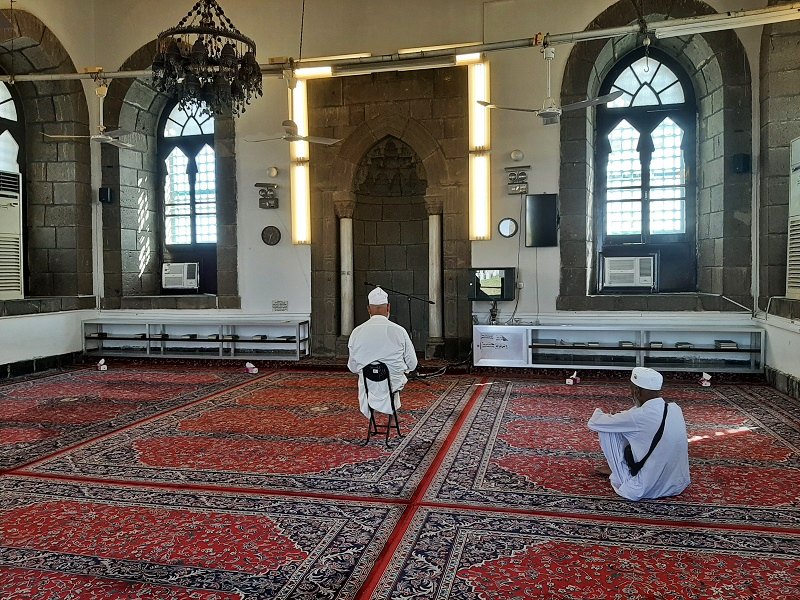

Locations
The lifting of the alcohol ban in Saudi Arabia will apply only to specific areas designated for international tourism development.
Among the places in Saudi Arabia where alcohol will be allowed are Neom, the Red Sea Project, and Sindalah Island.
It is also expected that alcohol will be permitted at some major upcoming international events in Saudi Arabia, including the 2030 World Expo in Riyadh and the 2034 FIFA World Cup to be held in the Kingdom.
Licensed venues will be tightly regulated, with strict rules imposed by the authorities and staff requiring special training to prevent alcohol abuse and to ensure that Saudi Arabia’s traditional Islamic values are upheld.
The Saudi authorities said they want to “welcome the world without losing cultural identity” and position Saudi Arabia as a “progressive, yet respectful player on the global tourism map”.
Alcohol sales will therefore likely remain banned in Saudi cities such as Mecca and Medina due to their holy Islamic character.
It is not yet known whether alcohol will also be permitted on board Saudi airlines such as Saudia and the soon-to-be-launched Riyadh Air.

Vision 2030
According to international media, Saudi Arabia has closely monitored developments over the past decades in neighbouring Gulf countries such as the United Arab Emirates (UAE) and Bahrain, where alcohol can be legally served at bars and restaurants within high-end hotels, and sold at state-run liquor stores for expatriates.
With the easing of alcohol regulations, Saudi Arabia hopes to attract more international tourists, many of whom currently choose holidays in other Middle Eastern countries such as the United Arab Emirates, with its global tourism hub, Dubai.
The easing of the alcohol ban is part of Saudi Arabia’s Vision 2030 project, which aims to transform the Kingdom into a global player in international tourism, trade, and investment, as the country seeks to reduce its dependence on oil revenues.
Vision 2030 was launched in 2016 by Saudi Crown Prince Mohammed bin Salman, who outlined the project’s pillars as developing the country into a thriving economy, a forward-looking and ambitious nation, and a vibrant society that still respects its traditional Islamic roots.
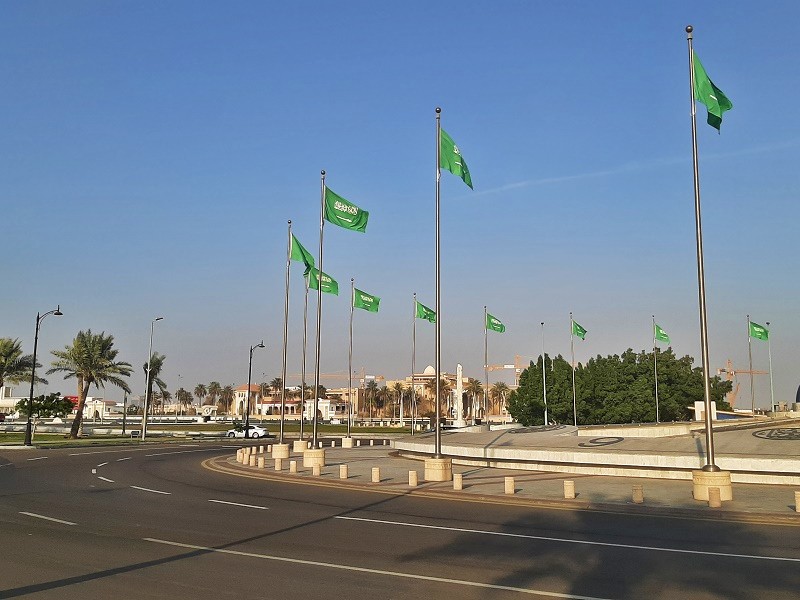
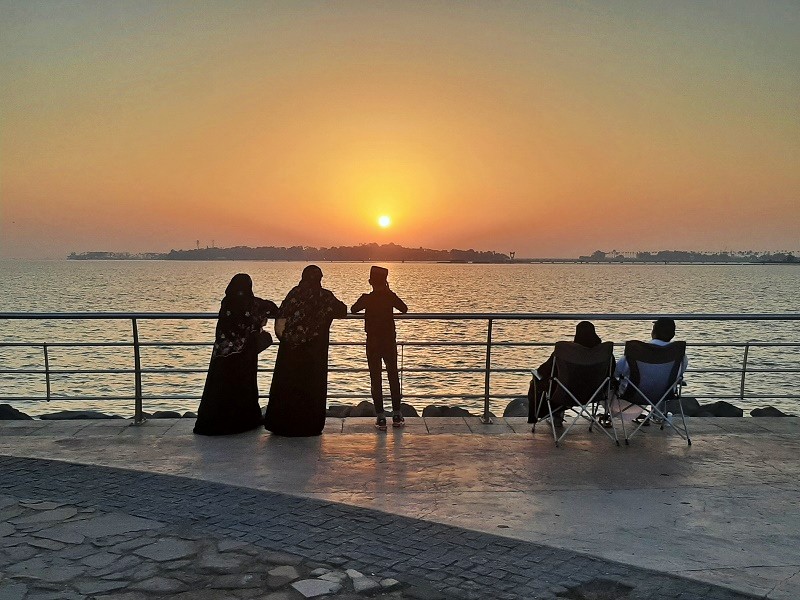
Transformation of Saudi Arabia
Saudi Arabia’s transformation in recent years has been truly remarkable.
Not long ago, women in Saudi Arabia were forbidden to drive a car and required a male guardian to leave the house, but social norms and women’s rights have improved significantly in recent years.
This also applies to international tourism.
Saudi Arabia was once notoriously difficult to visit, as tourist visas were extremely hard to obtain, with entry generally restricted to Muslims on Hajj or Umrah pilgrimages, expatriate workers, or holders of business visas.
This has also changed in recent years, with Saudi Arabia introducing e-visas and visas on arrival for many nationalities.
Even Medina, Islam’s second holiest city, which was long restricted to Muslims only, can now be visited by international tourists, although Mecca remains strictly off-limits to non-Muslims.
Historically, it takes countries decades or even centuries to modernise and open up so spectacularly — yet Saudi Arabia appears to be achieving it all within a single decade.
Last year, I spent a few days in Saudi Arabia visiting Jeddah and Medina, and I was genuinely impressed by the entire experience.
I enjoyed the historic architecture of Jeddah, the modern comforts of the stunning high-speed railway to Medina, and observing the Muslim pilgrims in Medina — a city I never thought I would have the chance to visit.
It’s a tightrope to walk, but Saudi Arabia appears to be managing remarkably well in balancing its Islamic heritage and traditions with embracing the modern world.
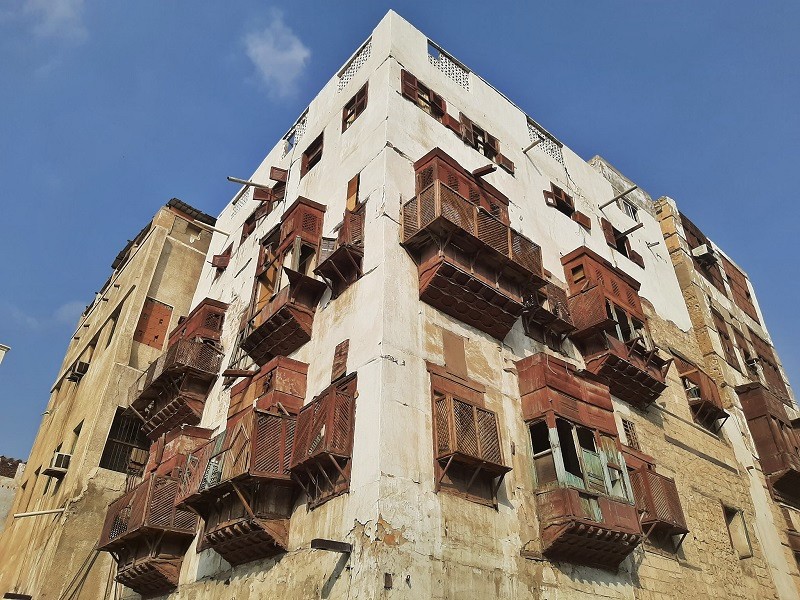
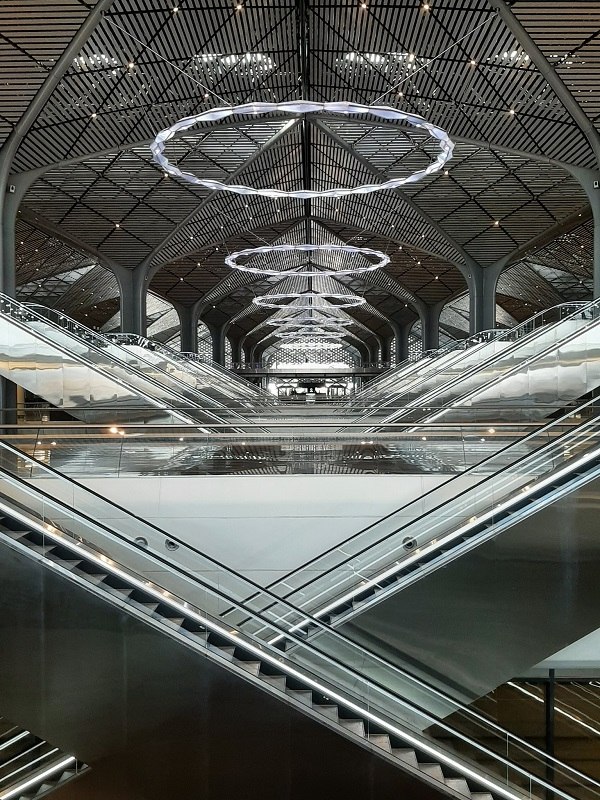

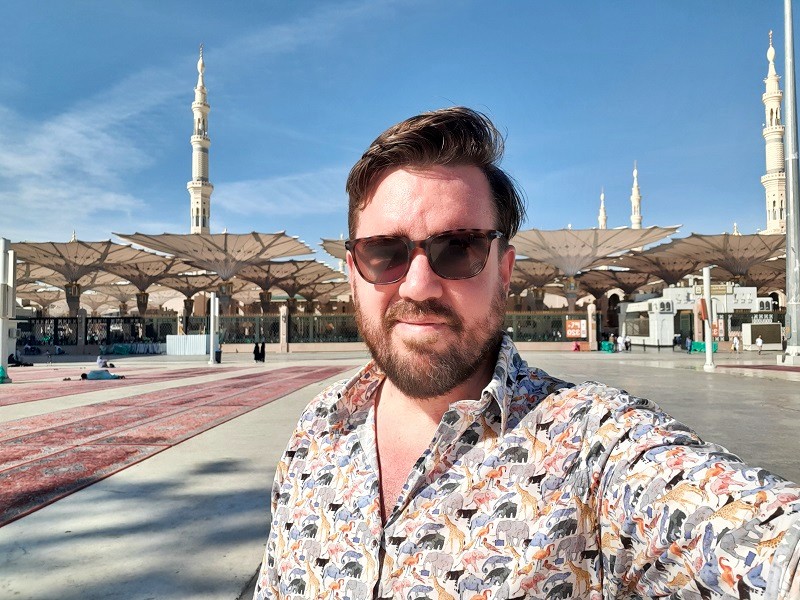
Update 27-5-2025: According to international press agency Reuters, a Saudi government official has denied reports that the country will soon allow the sale of alcohol.
Conclusion
It is rumoured that Saudi Arabia will permit alcohol at select five-star hotels, luxury resorts, expatriate workers’ compounds, and foreign embassies, as the country prepares for the 2030 World Expo and the 2034 FIFA World Cup.
The easing of the alcohol ban in this strict Islamic country would definitely within the scope of Saudi Arabia’s Vision 2030 project, which aims to transform the Kingdom into a global player in international tourism, much like the neighbouring Emirate of Dubai.

